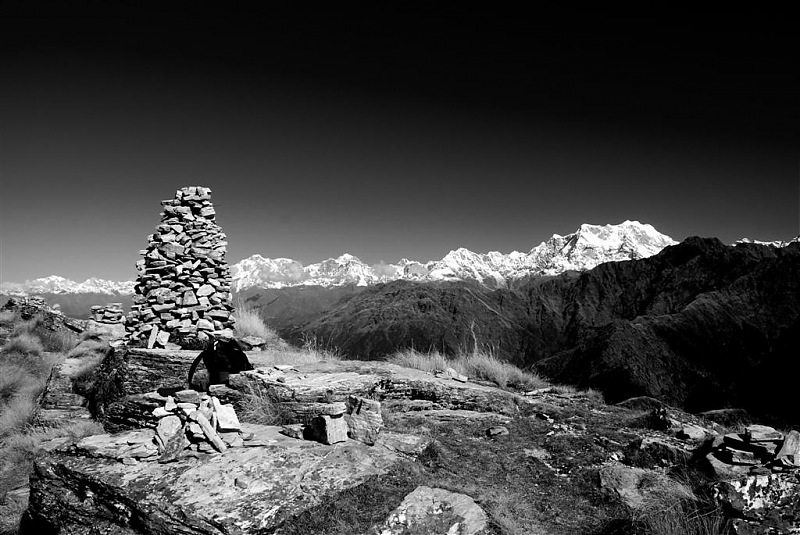The Sum of Awe
Brought to you by the moment that spacetime began.
I own a copy of a translation of Bhagavad-Gita and like always when it comes to books I've been too lazy to begin reading it. How should I read it? In order like a regular book, or specific verses out of order like the Bible is read in church?
2nd question: What is the role of the individual devas modernly? Are they mostly non-interactive? Are they bound to karma like we are? Or perhaps even control karma?
Last: I know I asked this before but, why focus on specific devas when all of them make up Brahman?
2nd question: What is the role of the individual devas modernly? Are they mostly non-interactive? Are they bound to karma like we are? Or perhaps even control karma?
Last: I know I asked this before but, why focus on specific devas when all of them make up Brahman?

